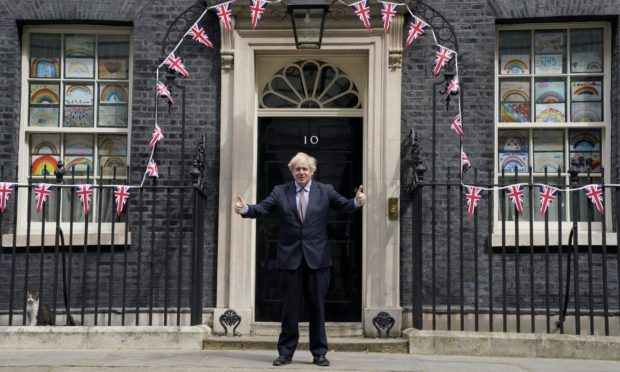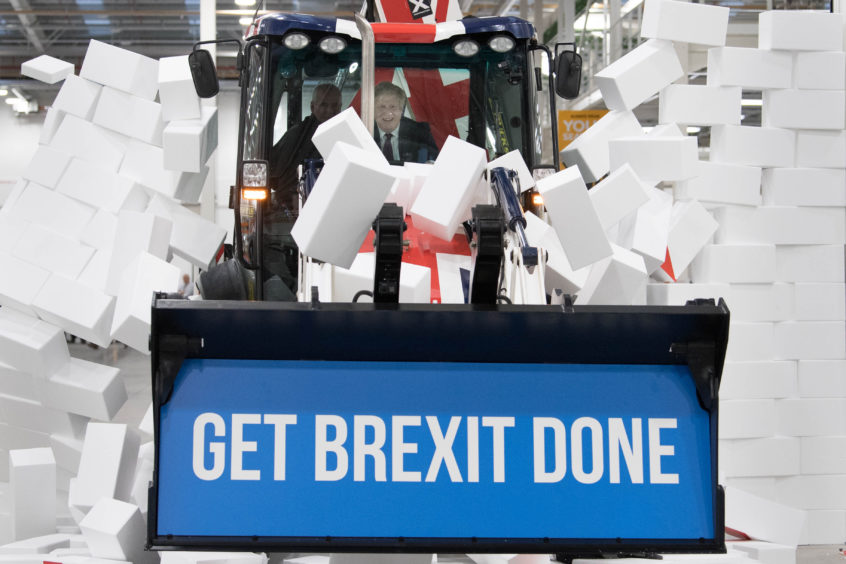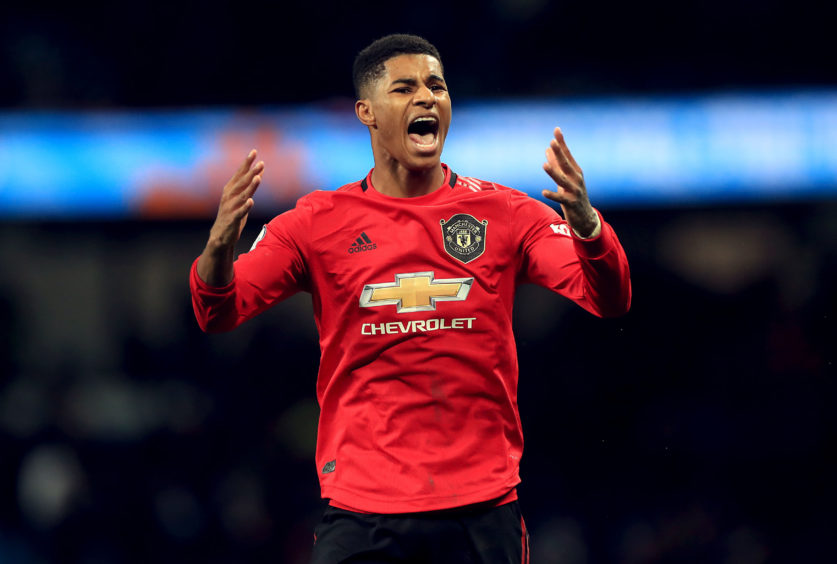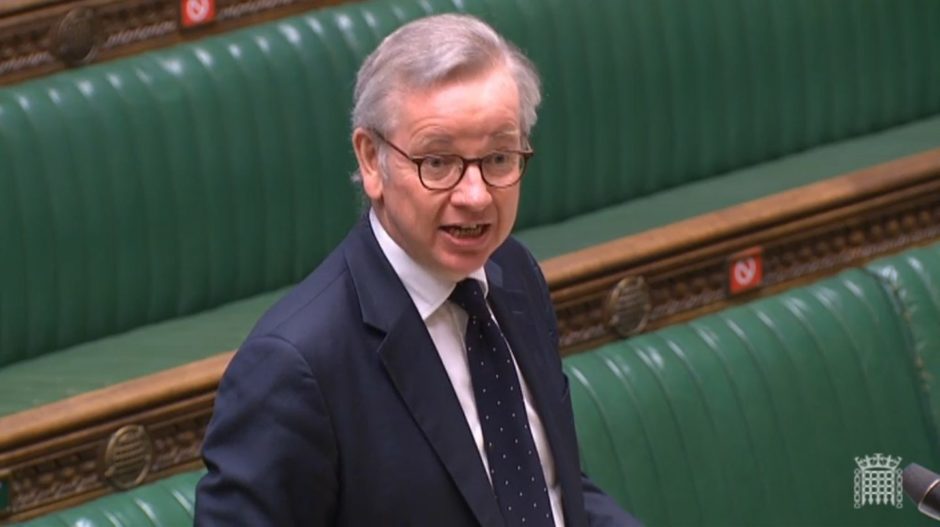The veterans of the Vote Leave campaign who now inhabit 10 Downing Street believe one of their key strengths is that in high-pressure situations, they stay calm while others panic.
There is therefore often a rush to ratchet up rhetoric and tension in a bid to confuse and confound opponents. This pastiche of Nixonian madman theory was successfully deployed during the 2016 EU referendum and again at last year’s general election.
Those quibbling over Parliament being illegally suspended or questioning how a new EU exit deal could be negotiated in such a short timeframe were knocked aside – quite literally – by Boris Johnson’s Brexit bulldozer.
But we’re now nearly a year on from Johnson’s election victory and the Vote Leave machine is starting to creak and break – weathered by the job of actually governing.
Let’s be fair, 2020 would have been a battle for any of our past prime ministers – all we’re missing is a plague of locusts, but Johnson and his team have been wrongfooted on so many issues on so many occasions it raises serious questions about competence at the heart of government.
On the pandemic, there have been major issues in England with Covid testing, PPE procurement, delays in the roll-out of the tracing app, confusion over coronavirus restrictions – not to mention the Barnard Castle debacle.
And what started as a solid performance from Rishi Sunak – with furlough, bounceback loans and VAT cuts – has ended with open revolt in the North of England.
The sight of Greater Manchester mayor Andy Burnham finding out live on television via a text message that his region would be receiving £22million in Covid support, not the £65million requested, will live long in voters’ minds.
Quite a moment as Andy Burnham is shown the government’s £22 million offer on live TV. pic.twitter.com/yN8VnNlDJb
— Dino Sofos (@dinosofos) October 20, 2020
Perhaps the biggest own goal this year however has been Number 10’s refusal to provide free school meals for kids down south over the Christmas break.
Not content with being bested by Manchester United ace Marcus Rashford once, Johnson’s team have again been nutmegged. They knew what Rashford was capable of and the support he has across the country, but still they dug-in and will now be forced into another embarrassing U-turn.
Worse still, unlike Rashford’s campaign for meals over the summer in which Johnson agreed relatively quickly to provide food vouchers, this time around Number 10 forced MPs to actively oppose Christmas meals in the Commons.
A vote is one thing, but some of the speeches from Tory MPs during that debate can only be described as deplorable.
Backbencher Brendan Clarke-Smith argued against the proposal by saying he did not believe in “nationalising children”. He told the Commons: “Where is the slick PR campaign encouraging absent parents to take some responsibility for their children?”.
And now, with a U-turn on the horizon, it begs the question – what was the point? Why, when many in the north of England were already seething at the less generous furlough offer, expend more political capital opposing a policy which is relatively cheap and has widespread support.
We all know Johnson likes glitzy infrastructure announcements, who knew his first as PM would be rebuilding Labour’s “red wall”.
Turning to Brexit, we’re at the sulky teenage stage of negotiations. After first telling the EU “not to bother” calling or visiting and announcing to the world that we’re going for a no-deal exit, we’ve come back to the table. Johnson’s October 15 deadline has been and gone and businesses are still none the wiser about what the trading arrangements with our biggest market will be in just a few short months.
In the event we do plump for a no-deal, whispers around Westminster indicate Number 10 would be prepared to try and “tough it out” for months before coming back to the table to agree a trade deal. Such a standoff would dovetail nicely with the Holyrood election, in which the SNP are hoping to win a majority in order to strengthen their demand for a second independence referendum. Can the brain trusts who thought up that strategy really fight an organised indy movement next year?
Reports over the weekend indicate there is some realisation that all is not well on the union front. Michael Gove is apparently putting together a crack team of press officers to “educate” Scots on the benefits of the UK. This shakeup of course comes after several past shakeups which, judging by the nine polls since June indicating majority support for independence, have not gone to plan.
Last year we had the creation of the “union unit” to formulate policy and beef up Number 10’s understanding of Scotland, then over the summer we had Douglas Ross taking charge of the Scottish Tories with a promise to hold Nicola Sturgeon to account – both moves seemingly not having the desired effect. More recently we’ve seen the strategy shift to attack, with suggestions the UK Government would try and “co-opt” Brussels into agreeing to block Scotland joining the EU in the event of a successful indy poll.
The latest plan to recruit “PR specialists” feels a little short of the mark. Where is the Dunlop Review? Have the recommendations of the Scottish Affairs committee on intergovernmental relations been looked at? There are so many questions like this that have led to the current malaise.
With Downing Street embroiled in fights left, right and centre it doesn’t feel like any major change is in the pipeline and we’ll be in the midst of another constitutional crisis next year. Will the Vote Leavers still be calm then? We shall see.
Dan O’Donoghue is the Press and Journal’s political correspondent at Westminster




